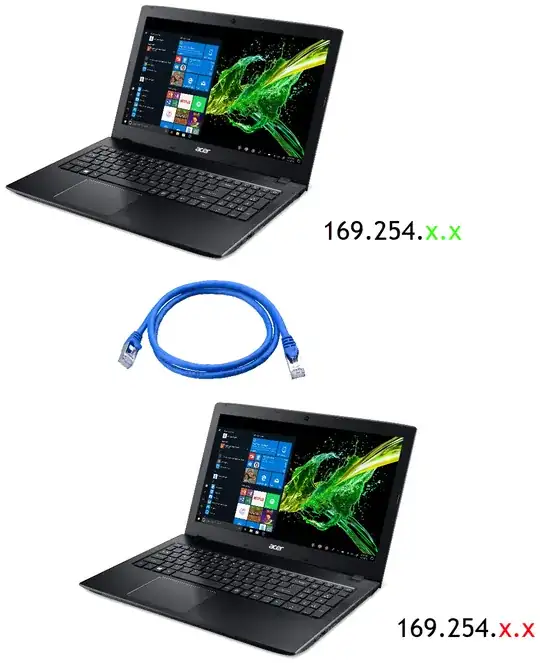I know that there are many similar questions on this.
I have a UPC router / gateway at home. If I am transferring files via SCP or FTP from one pc to another just on my local network, does this data need to go through my router? or can it not be simply transferred from pc to pc?
The terms gateway and router can be misunderstood, as they involve connecting different networks together.
When transferring data from one computer to another on the same LAN and subnet, my guess is this data must go to the router first, then the router identifies that the IP address is local, gets the MAC address and sends it to the other local pc.
If i'm right on the last point, is there no way to do a direct pc to pc transfer instead of this?
